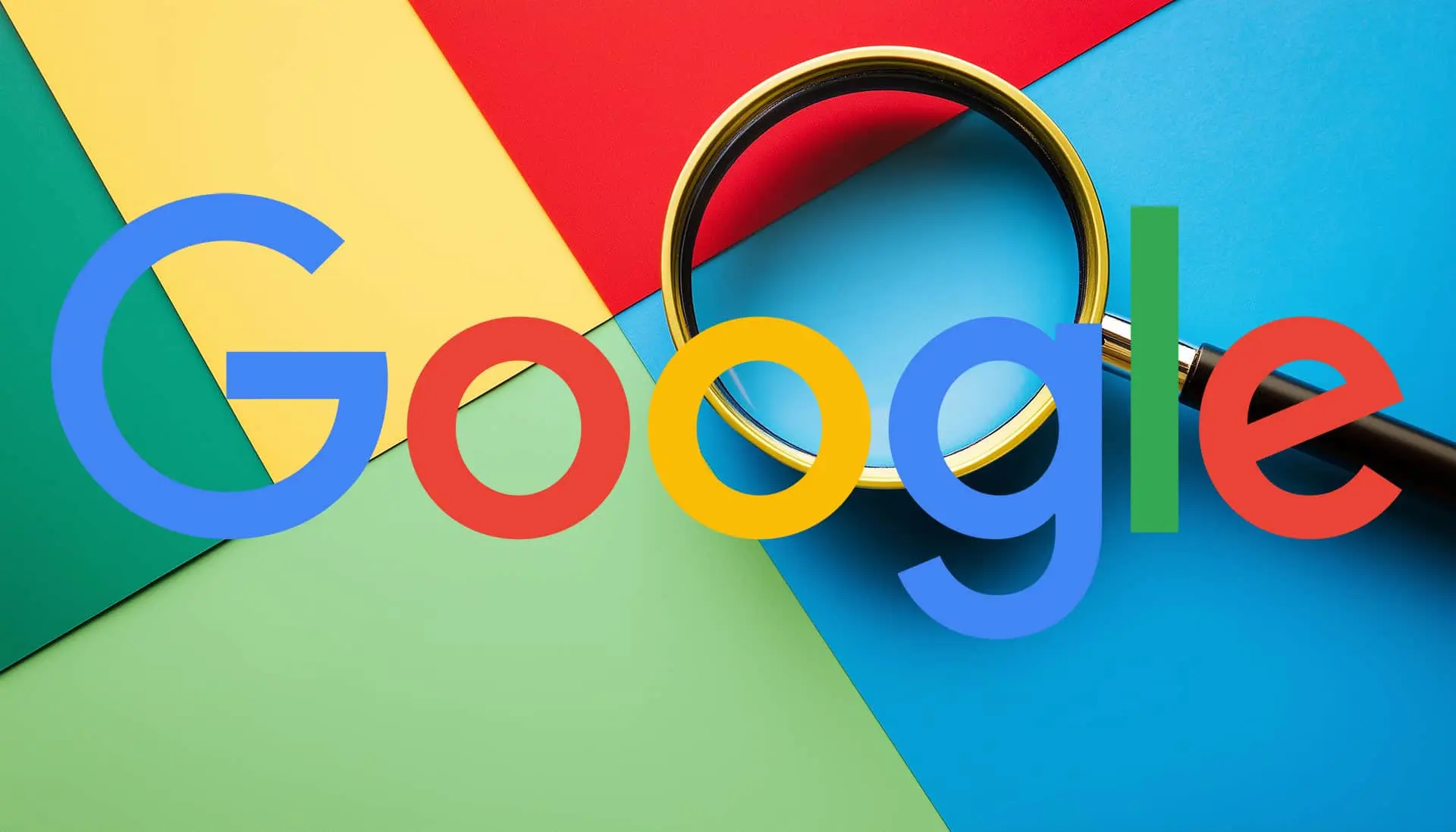Google CEO Sundar Pichai has recently made a big announcement that there will be a revolutionary change in the search engine by 2025. Pichai said that this change will move beyond Google’s traditional keyword-based search process and provide a more personal, visual and interactive experience. This announcement has become a topic of discussion in the world of technology, because this change in Google’s search engine can have a wide impact not only from a technical point of view but also on the society.
Search Will Change Profoundly in 2025: Google CEO
According to Pichai, artificial intelligence will be at the root of this change. Google has already incorporated technologies like Natural Language Processing (NLP) and Machine Learning in its search algorithms. But in 2025, this technology will become more advanced.
“Our goal is to make the search experience not only easier, but also more useful and personalized for users.”
Google aims to provide accurate and detailed answers to the user’s query. AI-powered models like Google Bard and ChatGPT will be deeply integrated into Google Search, providing users with accurate and relevant answers to their questions, not just links.
Visual-first search: Growing importance of photos and videos
Google has already strengthened visual search through services like Google Lens, but this technology will be more advanced in 2025. Now users will also be able to search through photos and videos instead of just text.
Pichai said that the next phase of visual search will give users an immersive experience. For example, if a user searches for “best hiking trails near me,” he will not only get a list, but will also get 3D maps, weather information and user reviews in the same interface.
“This change will not only be beautiful to look at, but will also make it more effective and useful,” Pichai added.
Personalized search experience
Google will focus on personalizing search in 2025. Based on the user’s browsing history, location, interests, and their query, they will get results that are most relevant to them.
Pichai emphasised that this personalised experience will be designed keeping users’ privacy in mind. Users will be able to customise their data settings and decide what data Google can use.
A new “Search Memory” feature will also be introduced, which will remember users’ past queries. For example, if a user searches for “best smartphones under ₹50,000” today, Google will be able to automatically provide them with information about new offers or the latest model a week later.
The rise of voice and multimodal search
Google’s new technology will enable not only text and images, but also voice and multimodal searches. This means that users will be able to search using multiple input modes simultaneously.
For example, if a person takes a picture of a plant and asks, “What plant is this and how to take care of it?” So Google will provide accurate answers using both their photo and question.
Services like Google Assistant will be further improved, allowing users to interact with Google like a human being.
Will traditional search end?
After this announcement, it is natural to raise the question whether Google’s traditional keyword-based search process will end. Pichai clarified that the traditional search option will always be available, but users will be encouraged to move toward a more advanced and intuitive experience.
He said,
“Search will no longer be limited to keyword matching. We are focusing on understanding user intent and context.”
Challenges and Responsibilities
It will not be easy for Google to implement this new technology. Pichai admitted that implementing AI technology on such a large scale would be a challenge. Apart from this, ensuring the accuracy of information and preventing the spread of misinformation will also be a big responsibility for Google.
Google has announced the establishment of an independent monitoring panel for this, which will ensure that AI works ethically and inclusively.
impact on society
This technological change will not only change the search experience, but it will also have a deep impact on society. For example:
In the field of education, students and researchers will be able to easily access more accurate and detailed information.
Small businesses will get a better platform to present their products and services on Google.
However, critics believe that excessive reliance on AI can affect the autonomy of users.
Competition and future
This move by Google can prove to be a big challenge for other competitors like Microsoft Bing and emerging AI tools. With these new technologies, Google is set to completely change the face of search engines in 2025.
This statement by Pichai not only reflects the future of Google, but also proves that this race of technology and innovation is touching new heights every day.
The wait for 2025 has now become more interesting, when users will be able to be a part of a completely new search experience.






